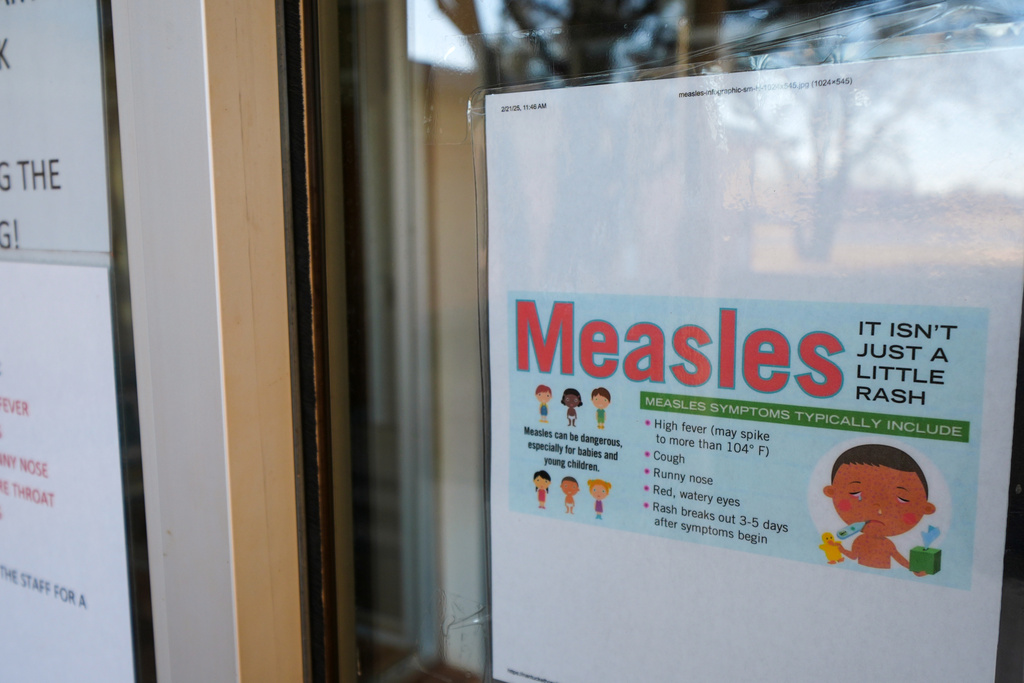The Biden administration announced on Tuesday plans to expand coverage of anti-obesity medicines such as Ozempic and Wegovy for Medicare and Medicaid recipients.
The plan, which would have to be finalized by the Trump administration, would allow Medicare and Medicaid to cover anti-obesity medicines for people with obesity. Currently, Medicare and most state Medicaid programs only cover these drugs for people diagnosed with obesity or those who are obese or overweight and have cardiovascular disease.
Robert F. Kennedy Jr., President-elect Donald Trump's pick to lead Health and Human Services, has spoken against these types of medicines, saying there is a huge push to sell them to the public.
“They’re counting on selling it to Americans because we’re so stupid and so addicted to drugs,” Kennedy told Fox News’ Greg Gutfeld last month.
Chiquita Brooks-LaSure, administrator for the Centers for Medicare and Medicaid Services, said the Biden administration has not been in contact with the Trump administration on finalizing the rule.
"We have seen over the last year just an increase in how effective they've been. And I would say that we think the time is now to really make a change to the Medicare and Medicaid programs. And so yes, it will be up to a future administration to make the final decision. But we really feel like the science is behind this," she said.
The Biden-led White House estimates that the coverage would expand access to 3.4 million Medicare enrollees and 4 million people with Medicaid.
According to the Cleveland Clinic, these drugs, known as GLP-1 inhibitors, help manage blood sugar levels by triggering insulin release from the pancreas. The drugs also help slow digestion, which causes less glucose to enter the bloodstream. The medicine also affects satiety, allowing patients to feel full after eating, the Cleveland Clinic said.
RELATED STORY | America’s Poison Centers: 69% rise in calls from drugs that cause weight loss
These drugs were initially prescribed to help manage Type 2 diabetes but have since gained popularity to help patients manage weight. However these drugs come with a significant out-of-pocket cost. According to Good RX, a one-month supply of Ozempic costs $944, while a month of Wegovy costs $1,298.
Because of the drugs' popularity and price, the proposal could come at a significant cost for taxpayers. The Congressional Budget Office estimates that such a policy would increase federal spending by $35 billion from 2026 to 2034.
The Congressional Budget Office also notes that federal spending could even be higher if the drugs extend the life expectancy of Americans who would collect Social Security and Medicare later in life.
RELATED STORY | Ozempic, Wegovy may be linked to increased risk of condition that causes blindness, new study shows
Earlier this year, the Biden administration expanded coverage of Wegovy. According to guidance provided by the Centers for Medicare and Medicaid Services, Food and Drug Administration-approved anti-obesity medications can be used for an additional medically accepted indication. The FDA said anti-obesity medications like Wegovy would be covered "to treat diabetes or reduce the risk of major adverse cardiovascular events in adults with established cardiovascular disease and either obesity or overweight."












